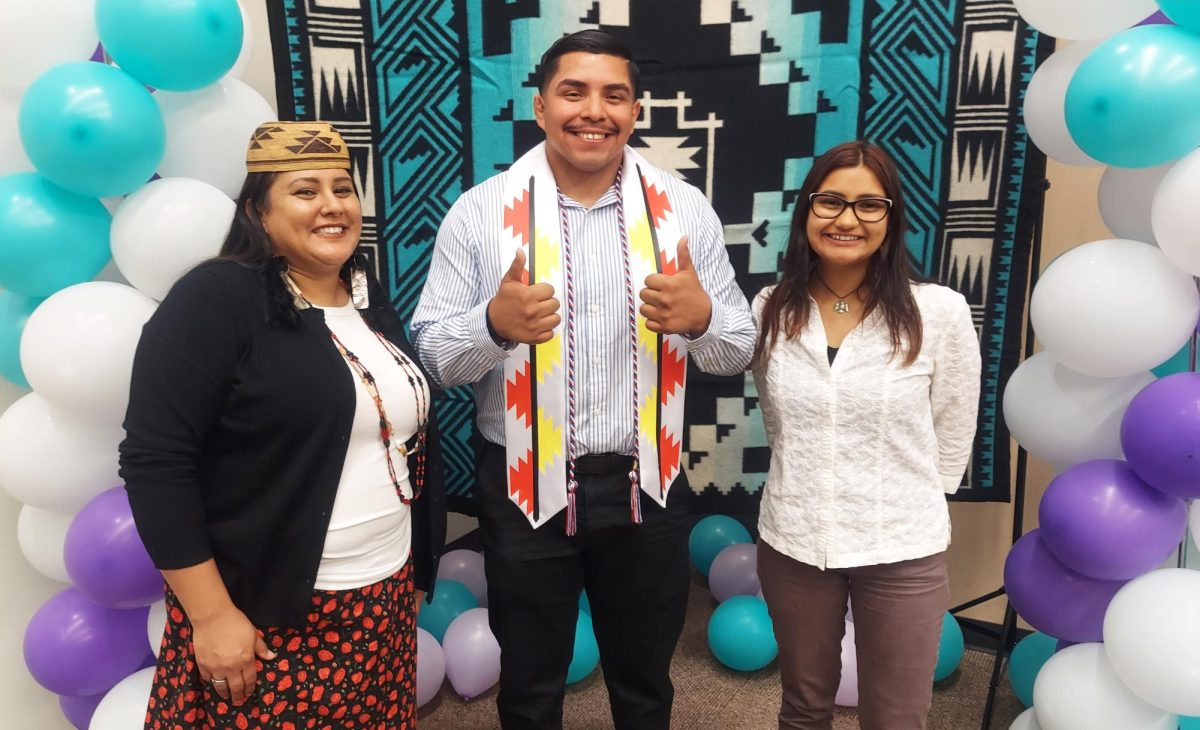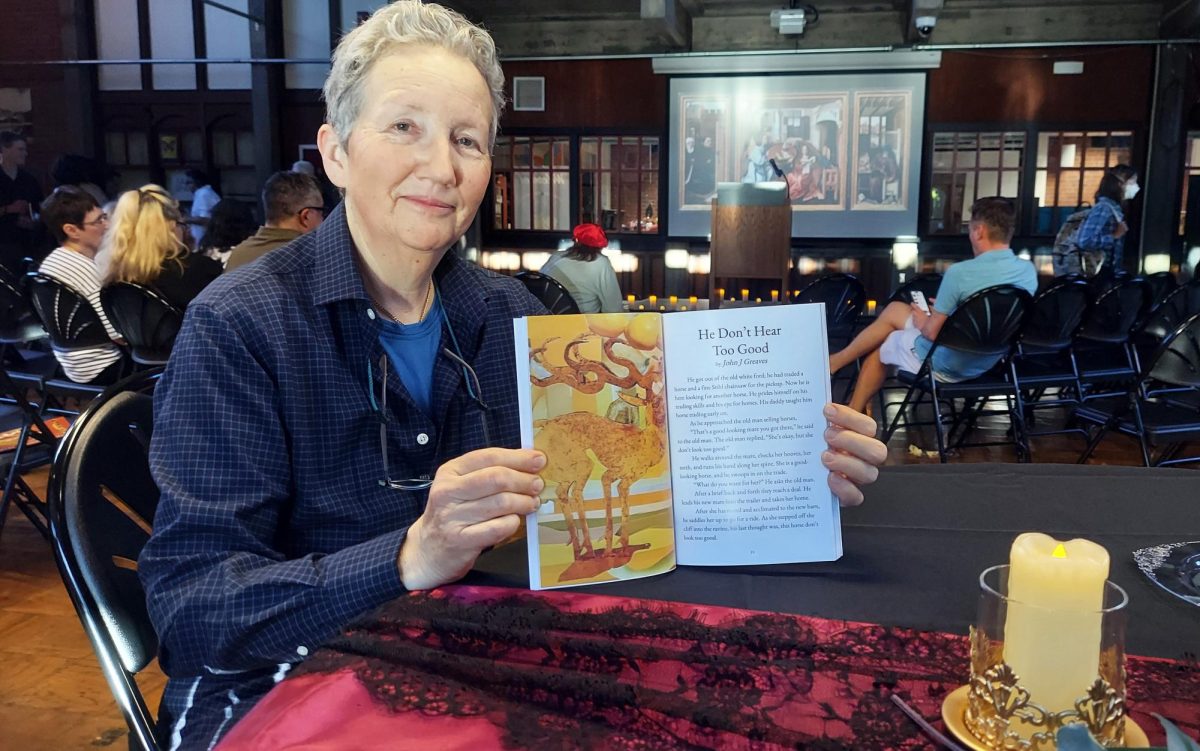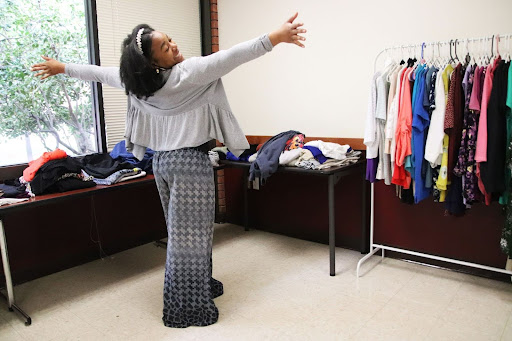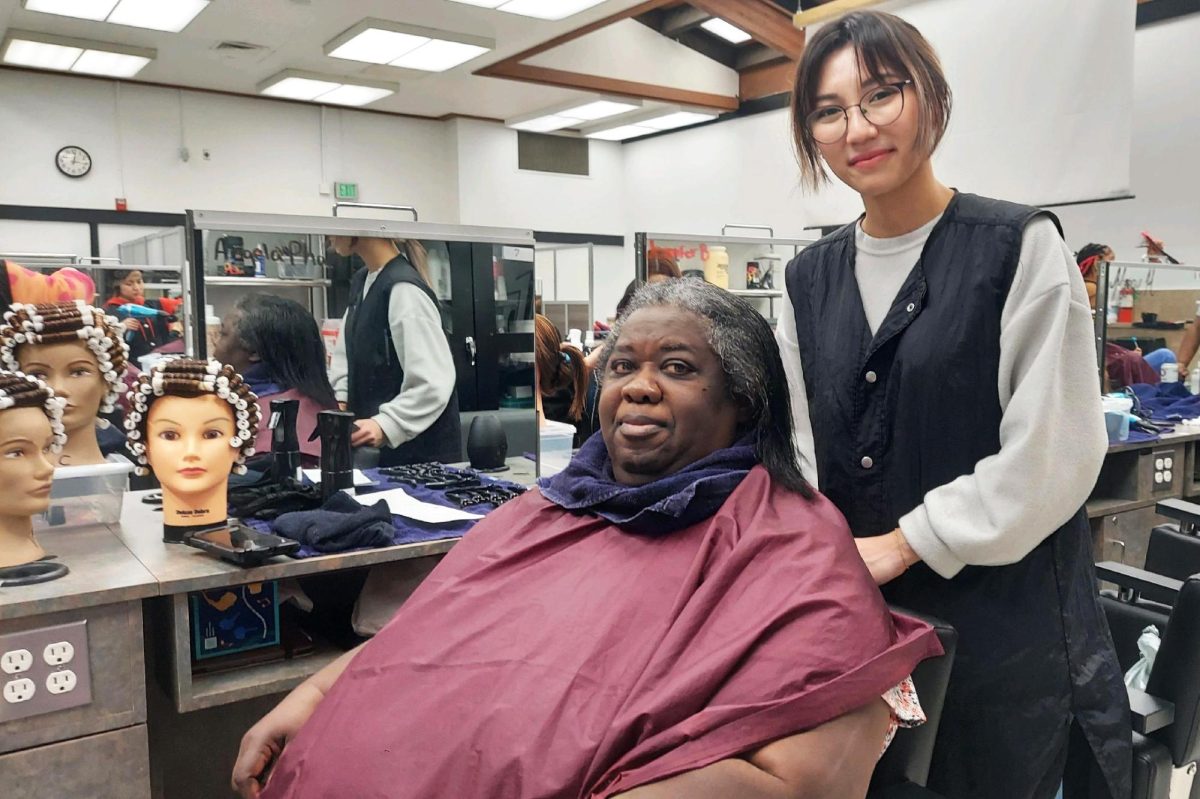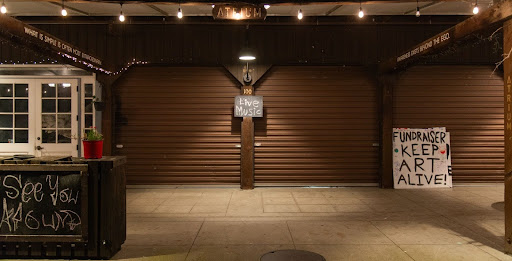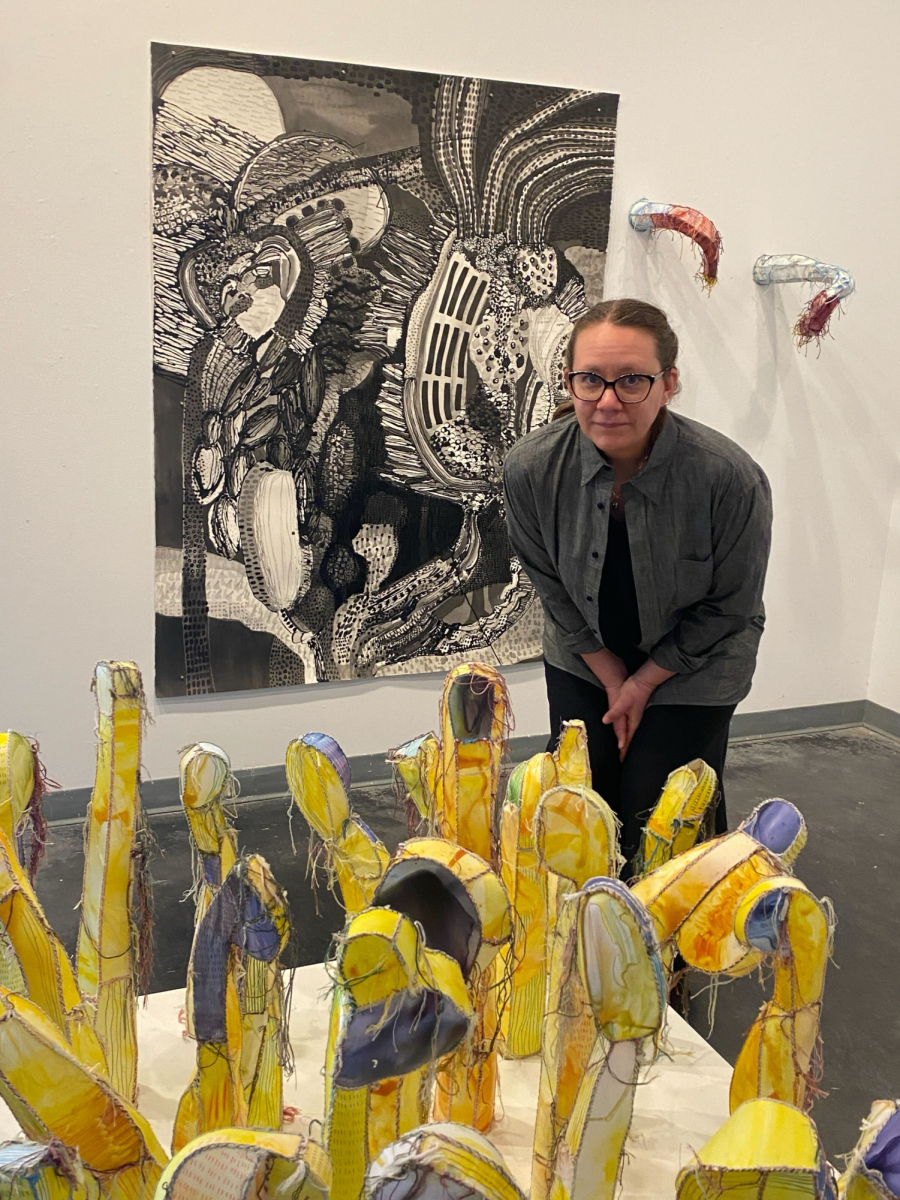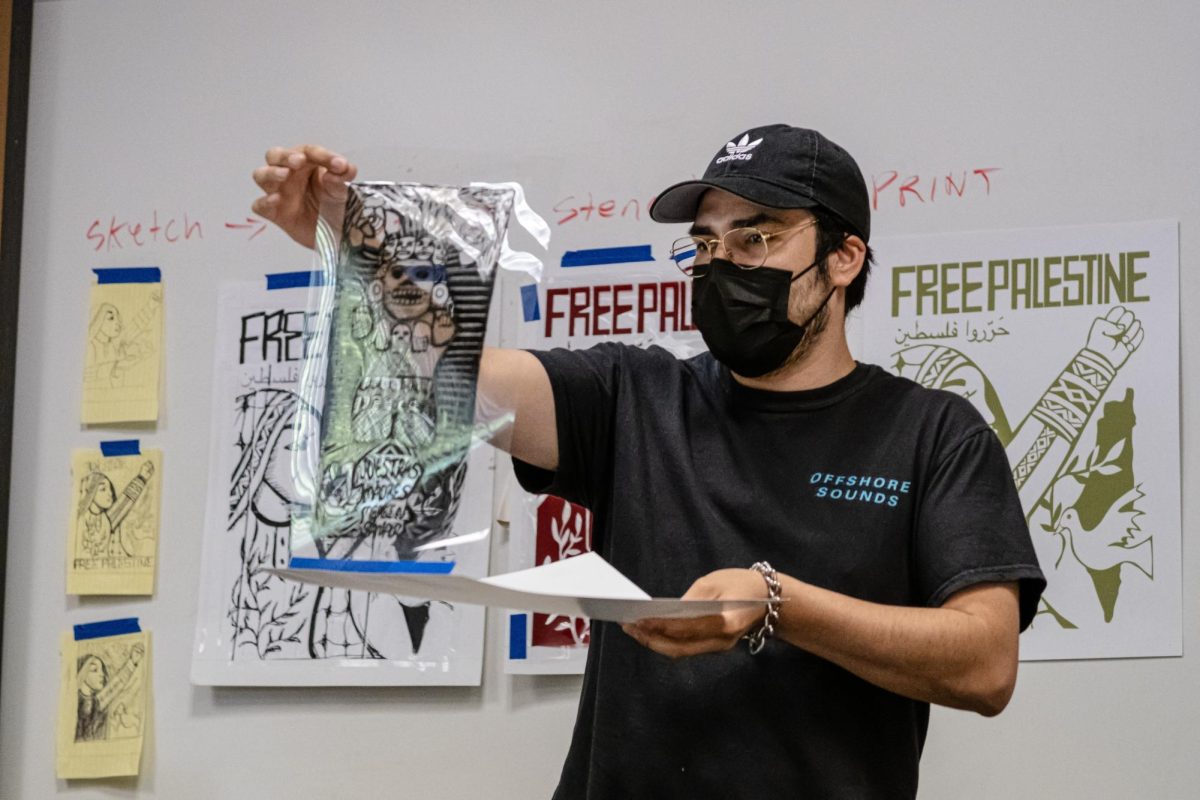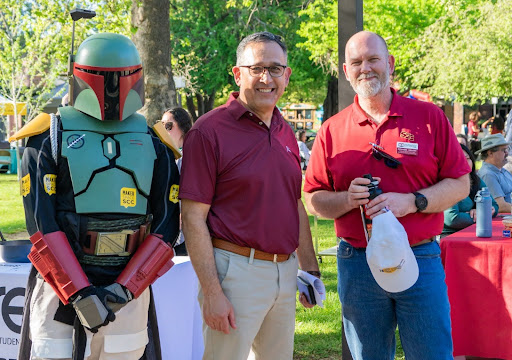City College MESA received an increase in funding this year and will use it to expand staff and resources.
The state grant has increased this year to about $280,000, for a total of $1.7 million for a six-year span, while the previous annual grant was only $74,000.
MESA stands for math, engineering, science, achievement program. It is a part of a categorical program similar to EOPS, extended opportunity programs and services.
“In general, we provide students with resources and support so that they can successfully transfer and earn a STEM bachelor’s degree,” said Lorena Jauregui, MESA faculty coordinator. MESA provides tutoring in STEM, encourages students to apply for internship, and guides through every step of the way, such as how to find an opportunity, fill out an application, write a resume or a personal statement.
“Our mission in general is to help support students who have historically been excluded from educational services.” Jauregui said.
The statewide California MESA program was founded in 1970 at Oakland Technical High School during the Civil Rights Movement. It started as a school program, then became a university program, and only opened at American River College in the late 1980s as the first community college program. City College’s MESA was created around a decade later.
With the previous state grant, Jauregui had to decide whether to spend the money on more team members to serve students or on additional resources such as materials, STEM classes, field trips and conferences. At the beginning of the program, MESA had fewer staff and more resources, she said, and then they switched to more team members who could provide tutoring services to students, but fewer resources such as class materials.
“Now I don’t have to choose, we have a robust team,” Jauregui said.
Jauregui added that “historically, colleges would have to apply for funding for the MESA program,” however, this year the process was easier. The California State Department of Education has awarded grants for 84 community colleges compared to 30 programs in the past, as well as simplifying the application process.Because City College already had a MESA program, they received an increase in funding. The amount of funding MESA received had not changed since the early 1990s when it was first funded. Now they have enough money to better serve students, Jauregui said.
“To run a program effectively and serve 125-160 students a year, you should have more than $250,000 a year,” Jauregui said.
City College MESA plans to spend this grant on stipends and on field trips to STEM-related activities. The first of those field trips will be in March as City College MESA staff are taking students to the San Jose Women and Engineering Conference, the Santa Cruz MESA Statewide Student Leadership Conference, and the local Advocacy and Policy Conference.
“Even though that might not be specifically STEM-related, it is definitely a leadership opportunity for students,” Jauregui said.
In addition, this year, because of the increase in funds MESA has started to pay a stipend to its participants. At the end of each semester, participants get roughly $250. “We are attaching a $1 amount to each task that we ask students to complete,” Jauregui said.
The MESA team consists of 17 people, including the faculty coordinator, instructional assistants, student personnel assistants, as well as graduate student counseling interns from California State University Sacramento, since City College MESA has a partnership with the university .
One of the instructional assistants, Jose Barrera, was a first-generation student at a community college in San Diego. He said it was hard for him, he sometimes felt alone, because he had to figure everything out on his own. Barrera believes that MESA helps those that struggled like him with not knowing how to navigate through college and now enjoys being a mentor.
“I became the person I needed when I was 18, navigating this new world,” Barrera said.
He believes that this support means a lot to students. And that it is OK to struggle.
According to Jauregui, there is a historical pattern in the field of technology, science and engineering to hire only white men.
“We have worked hard to find ways of being more inclusive and creative, creating an environment where everyone can feel like they have a sense of belonging in those fields,” Jauregui said.
MESA’s program consists of City College alumni as well as alumni from different community colleges. After program participants graduate, the MESA team tries to keep in touch with them. They try to hire team members who students can feel a connection with, and the team is always in the office to serve the students.
“The magic and uniqueness of our program is that we have this sense of community,” Jauregui said. “It helps students. And that sense of identity is hard to buy with a grant.”
“I feel like some of the positions I probably would not have gotten without MESA support,” said Martin Te, an instructional assistant and former member of MESA and EOPS programs. He believes that MESA helped him succeed in his transferring process. And now he tries to give the same support to current City College students.

